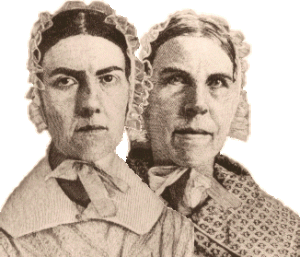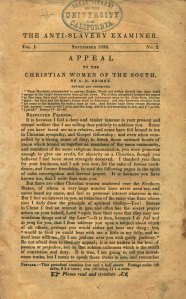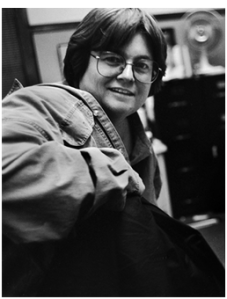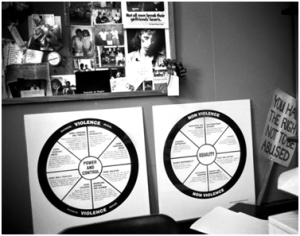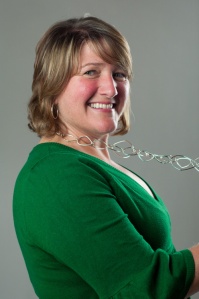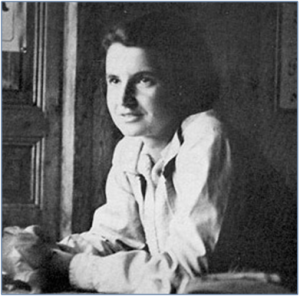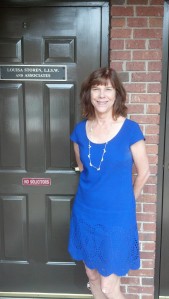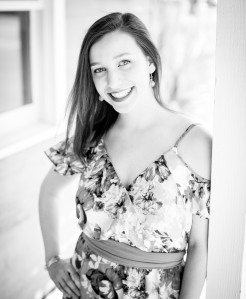 Wherever you live, you are working and establishing relationships with people, doesn’t matter to which culture you belong, everybody knows simple things like what it is to wake up in the morning and look forward to your day…like human beings. This is the basic issue.
Wherever you live, you are working and establishing relationships with people, doesn’t matter to which culture you belong, everybody knows simple things like what it is to wake up in the morning and look forward to your day…like human beings. This is the basic issue.
Now I belong to the group of legal immigrants that came to the United States. I became part of….I acquired a new culture and way of life of this human society: the United States, a nation rich in diversity and with one of the most fluid, complex and democratic culture in the world. My challenge is not only to recognize the cultural practices, also to change many of my own. I want to be able to effectively function and communicate with this culture.
To start a new life includes learning about the job market and competition, knowing about the economy of the country and, in this case, the United Sates is a country with abundant natural resources, a well- developed infrastructure, and high productivity. But when you think about what an ideal community would look like, you are faced with reality. Societies around the world are growing at different rates, unequal, which is one of the biggest social, economic and political challenges of our time, and the United States is no exception.
Diminishing inequality will reduce poverty. Inequality differs widely around the planet and the definitions of the poverty line may vary significantly among nations. An example of this is the United States, a rich country applying “generous” standards of poverty versus Colombia in South America, my mother’s country. Poverty defined “as an economic condition of lacking both money and basic necessities needed to successfully live, such as food, water, education, healthcare, and shelter”([i]).
To make a comparison between these both nations, I selected the perspective of the population living below the national poverty line by The World Fact book. The poverty line is the minimum level of income deemed adequate in a given country.
– United States 15.1% (2010 est.)
– Colombia 34.1% (2011 est.)
As I mentioned the poverty line is significantly higher in developed countries than in developing countries ([ii]). For example, in the 48 contiguous states and the District of Columbia a family of 4 people and with a Household annual Income of $23,550 is considered Poverty. A worker that earns the minimum wage per month in Colombia- South America will receive monthly a total of $660 thousand pesos, with an exchange rate per dollar of $1.919,54 pesos, in dollars is an amount of $343.83 dollars and the situation could be that only one person works at home.
If we analyze local data, in Charleston County, 16.8% of the population is below poverty level and the unemployment rate 8.1 %.( United States Census of Bureau). However population can change due to births, deaths or migration and this last one is very difficult to estimate especially since many of them are in an illegal situation. For this reason, the problem could be worst and “be under the rug”.
The goal is to have a prosperous and competitive economy in our County and in order to progress and to compete. South Carolina needs to be culturally competent with international educational standards, especially in language standards, ready for a global economy. Education is a condition for building and supporting a strong economy that delivers higher wages and higher profits. As a seaport Charleston is connected to the world.
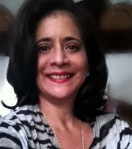 Lupe Barragan-Moser is a BA Communications with a MBA- Development projects with 15+ years of experience in the areas of Internal/External Communications and projects manager in the non profit sector. She’s a mother of two children 22 and 27 years old, the smallest in the family of three sisters and still has her mother alive. She grew up in a women sight world in Barranquilla, Colombia. She shares her life of the last 4 years with her husband. Love was the reason to come to life in Charleston and she enjoys it tremendously … river, sea , sun and beautiful smiling face people.
Lupe Barragan-Moser is a BA Communications with a MBA- Development projects with 15+ years of experience in the areas of Internal/External Communications and projects manager in the non profit sector. She’s a mother of two children 22 and 27 years old, the smallest in the family of three sisters and still has her mother alive. She grew up in a women sight world in Barranquilla, Colombia. She shares her life of the last 4 years with her husband. Love was the reason to come to life in Charleston and she enjoys it tremendously … river, sea , sun and beautiful smiling face people.
[ii] Hagenaars, Aldi & de Vos, Klaas The Definition and Measurement of Poverty. Journal of Human Resources, 1988)(Hagenaars, Aldi & van Praag, Bernard A Synthesis of Poverty Line Definitions. Review of Income and Wealth, 1985.
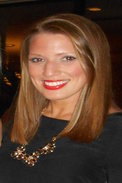 What is your profession and how long have you been in that profession?
What is your profession and how long have you been in that profession?